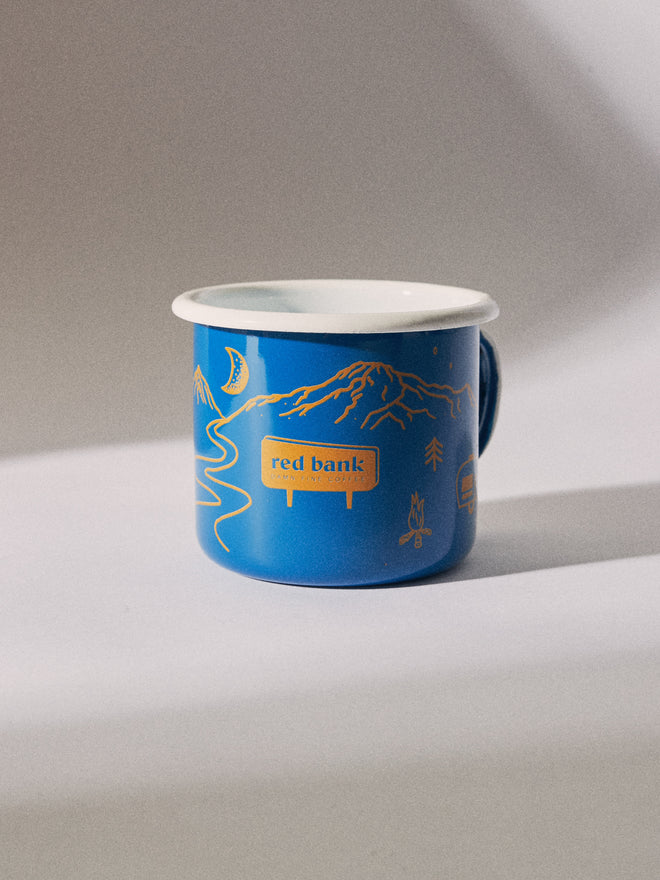Shyira Gesha Washed 2024
Shyira Gesha
£17.00
£80.00
Christmas Orders
The deadline for orders this year is 9am on Thursday 19th December.
Orders received before the deadline will be dispatched by Friday 20th December by Royal Mail Tracked 24.
Click here for full details.
Delivery Details
Orders received by 9am Monday / Thursday will be dispatched by Wednesday / Friday with Royal Mail Tracked 24 (or with DPD if over 2kg). Tracking information will be sent to the email and mobile provided at checkout on dispatch.
Our Packaging
Our 250g and 1kg bags are made from 83% post-consumer recycled material and are fully recyclable, including the valve and zipper.
Please put the entire bag in soft plastic recycling (LDPE - Plastic #4) along with plastic bags, bread wrappers and any other plastic film.
If you don't have your own kerbside LDPE recycling collection, you can find your nearest LDPE recycling point here.
Sweet, creamy and complex, with notes of lemon posset and oolong.
-
OriginShyira, Nyabihu, Western Province
-
CountryRwanda
-
Altitude1,850-2,300 MASL
-
ProcessWashed
-
VarietyGesha
-
NotesLemon Posset, Oolong

Origin Story
In 2018, they introduced a selection of new varieties, including gesha, to a nursery in the town of Shyira, which have subsequently been developed and processed at the nearby Shyira washing station.
Shyira was selected as the ideal location to introduce and develop these varieties due to its high altitude, regular rainfall and cool temperatures.
This lot represents the second harvest of the gesha crop. In the cup it is sweet, creamy and complex, with notes of lemon posset and oolong.
The cherry is hand-sorted and floated to remove under-ripe and damaged cherries, before being pulped. It is then fermented for 12 hours in concrete tanks, during which time it is agitated by way of ceremonial foot-stomping (with accompanying song!) to clean any residual mucilage from the parchment. The coffee is then released into a large serpentine grading channel where it is washed and separated by density. It is then hand-sorted again to remove any insect damaged, discoloured and chipped coffee, before being laid out to dry on raised beds for 30 days, during which time it is turned regularly to ensure consistent drying.







